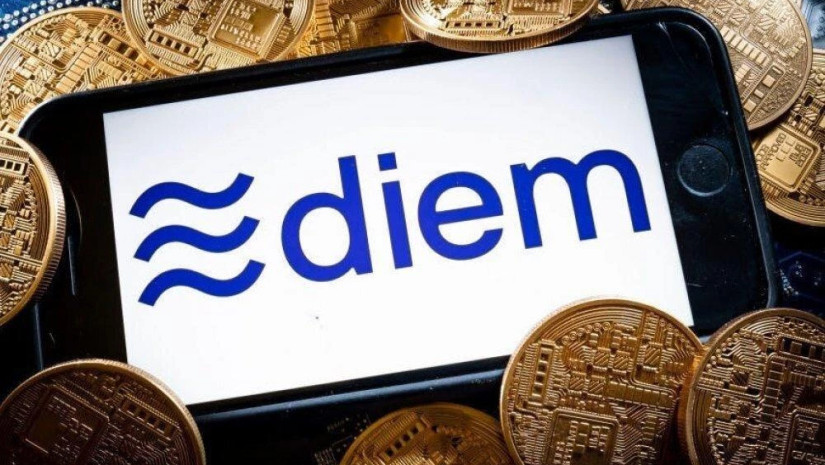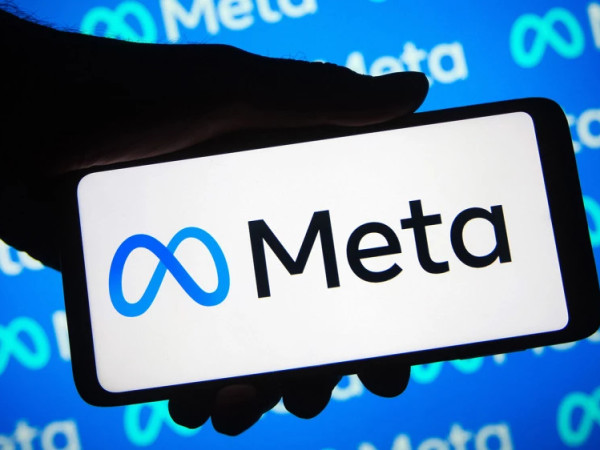Diem, the cryptocurrency project funded by Facebook, announced that it would "begin the process of winding down" and selling its technology and other assets.
The move ends a nearly two-year-long bid to launch the "stablecoin," which had faced stiff resistance from regulators around the world, DW (Deutsche Welle) reports.
"One of our highest priorities in designing the Diem Payment Network was building in controls to protect it against misuse by illicit actors," Diem CEO Stuart Levey said in a statement.
"In the United States, a senior regulator informed us that Diem was the best-designed stablecoin project the US Government had seen," he added.
Stablecoin is a type of cryptocurrency backed by a "stable" real-world asset. Diem was pegged to the US dollar.
Levey, however, blamed US federal regulators for shutting down the project.
"Despite giving us positive substantive feedback on the design of the network, it nevertheless became clear from our dialogue with federal regulators that the project could not move ahead," he said.
The Diem association's assets will be sold to Silvergate Bank — a crypto-focused bank in California that had partnered with the group to launch the digital currency — for $182 million (€162 million).
Silvergate will acquire Diem's assets, including development, deployment, and operations infrastructure and "tools for running a blockchain-based payment network," the bank said in a statement.
Regulatory concerns
Facebook's cryptocurrency project plans raised concerns among global finance officials and regulators. Many raised concerns about Diem's security and reliability, with regulators arguing that the service could enable crime, including money laundering and harming user privacy.
Last year, some US lawmakers said Facebook could not be trusted to manage a cryptocurrency and urged the company to discontinue the test immediately.
"The combination of a stablecoin issuer or wallet provider and a commercial firm could lead to an excessive concentration of economic power," US regulators said in a 2021 report.
"These policy concerns are analogous to those traditionally associated with the mixing of banking and commerce, such as advantages in accessing credit or using data to market or restrict access to products," the report said.
Libra-turned-Diem
Facebook, which rebranded itself as Meta last October, had first announced its plans to introduce a cryptocurrency called Libra in 2019.
It would be controlled by the Libra Association, an independent entity based in Geneva, which would function along the lines of a central bank.
The goal was to create a stablecoin pegged to the US dollar which, unlike other cryptocurrencies, would not be as volatile and threaten price stability in case they were to be widely used.
The association, largely funded by Facebook, changed its name to Diem in December 2020, and moved its operations from Switzerland to the US as part of a "strategic shift."















